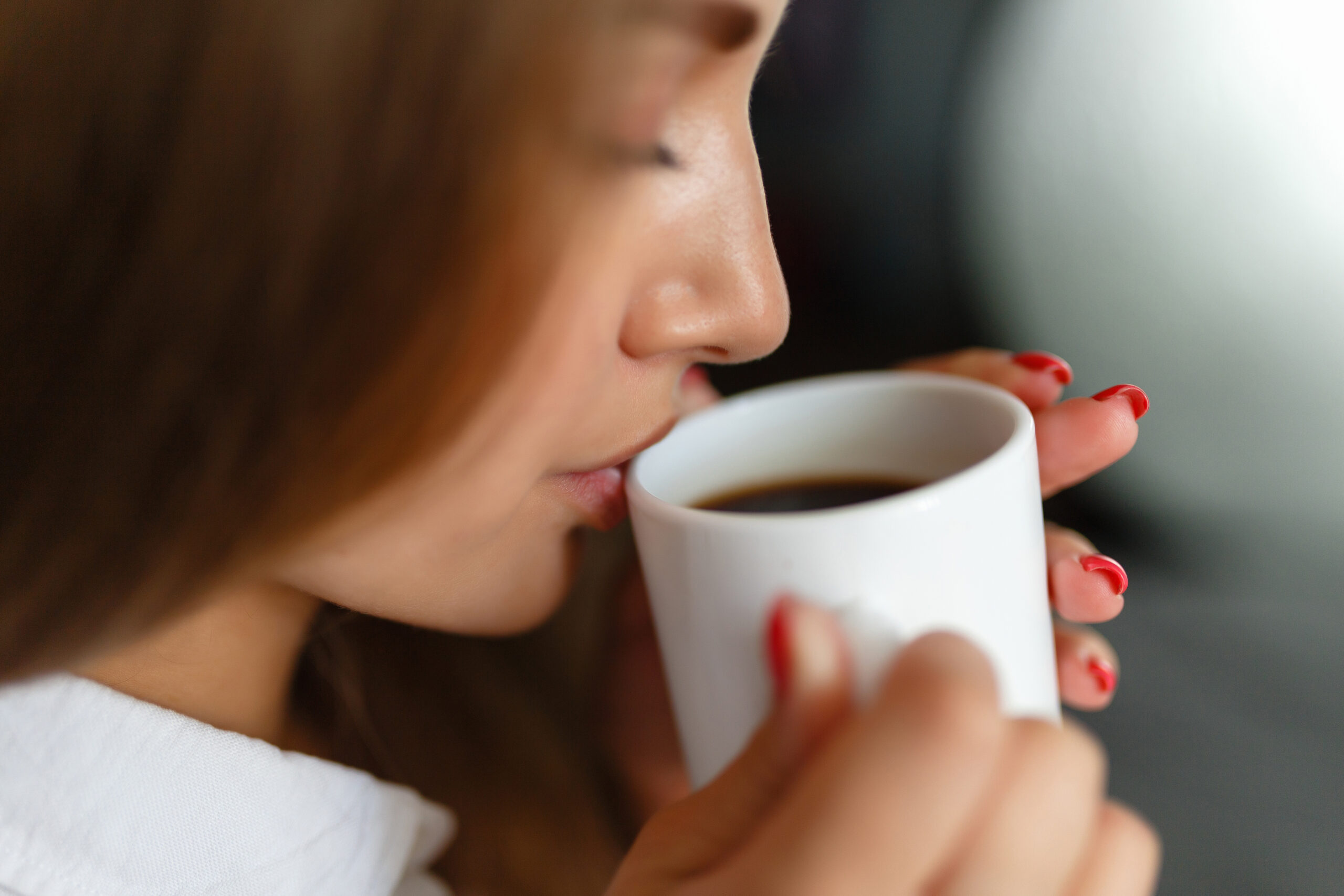Torani, whose blue-and-yellow syrup bottles line the walls of coffee shops, specializes in taste. With over 150 custom flavors, an in-house food science lab and a staff “trendologist” specifically tasked with identifying emergent food fads, you might even say the company has experts.
So when it named black sesame as its flavor of the year for 2023, we listened—especially since the nutty vanilla sensation has been popping up all across the city.
The flavor is predominant in Asian sweet and savory food, like Chinese tang yuan and Japanese neri goma, a black sesame paste used on everything from ice cream to toast.
Humphry Slocombe may have been the original trendsetter, however, when it introduced its award-winning black sesame ice cream more than five years ago. Other spots soon followed suit—you can now find black sesame on the menu at spots such as Bi-Rite Creamery and the Garden Creamery.
But where you’ll most often find new applications of black sesame is in beverages across the city. You can grab a black sesame latte at Stonemill Matcha, an iced version at Rise and Grind, or a black sesame horchata at Breadbelly. And while B. Patisserie no longer has its legendary black sesame kouign-amanns, it does have a black sesame latte lingering on the menu. You can also find cocktails literally covered in black sesame seeds all over town.
It’s even worth a day trip all the way to the Altamont General Store in Occidental to try its black sesame mochi doughnut—a flavorful, textural delight. Or you could stay at home and pick up a bottle of Torani’s black sesame (which leans heavy on the vanilla) to make your own coffee beverages.
“We invented the flavored latte,” said Stacy Cooper Dent, general manager of international business at Torani, citing a transformational moment for the company back in the early 1990s when coffee veteran LC “Brandy” Brandenburg had an epiphany while sitting in San Francisco’s Caffe Trieste. His idea: Why not add flavored syrup to coffees?
It was a transformational moment. Torani went from selling 1,500 cases of grenadine-flavored syrup for sodas in 1990 to 17,000 cases of vanilla for coffee drinks in 1991. Brandenburg was on to something.
Given the brand name—and a tower from Lucca on the label—you’d be forgiven for assuming the company began in Italy. But the ubiquitous coffee shop syrup began in an Italian grocery store in North Beach and is still all made in the Bay Area, in a factory in San Leandro.
The brand name is a portmanteau of the founders’ names (Ezilda Toree and Rinaldo Torre) and the grocery store that first sold their syrup. It’s still a family company—the founder’s granddaughter, Lisa Lucheta, serves as the chairperson of the board.
The brand started back in 1925 with just five flavors—including now-discontinued syrups such as tamarind and orgeat—that were based on Italian recipes used in hand-crafted sodas.
Tamarind may be no more, but with its complex flavor that calls to mind both sweet and savory, that’s both familiar and surprising, black sesame is here to stay.
